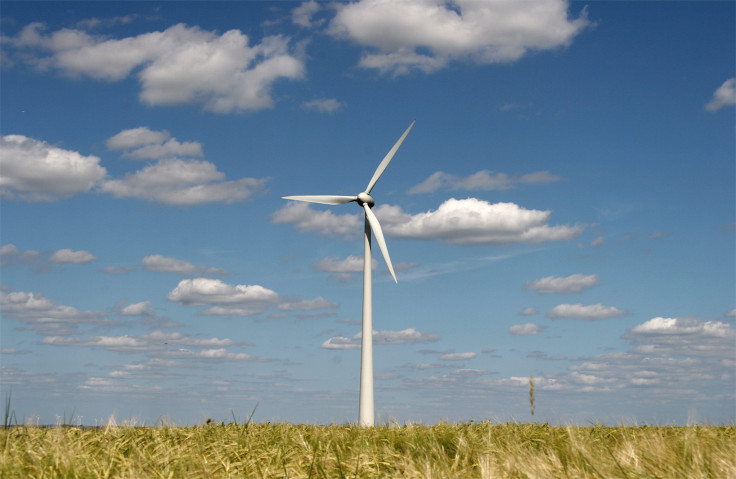Federal Budget Proposals Are Split Over Energy

The federal budget for energy and the environment may be tiny compared to giant programs like Social Security, Medicare and Defense, but it’s no less divisive, with Republican and White House proposals reflecting competing priorities.
As lawmakers discuss this week the Obama administration’s proposed $27.9 billion for the Department of Energy (DOE) and $7.9 billion for the Environmental Protection Agency (EPA), the House has developed a budget with far different prerogatives, leaving the Senate to iron out the differences next week.
The House fiscal 2015 budget resolution, passed on Wednesday with a 22-16 party-line vote, would cut spending on the federal government’s climate-change-related activities, primarily activities overseas, and cut “duplicative and unnecessary” spending on climate-change-related activities, including EPA regulations aimed at the coal industry. The budget would also reduce funding for renewable-energy programs and expand oil and gas development on federal land.
The president’s proposed budget, released last month, calls for nearly the opposite energy priorities. It would increase funding for climate-change programs and renewable-energy programs, including an energy-efficiency initiative aimed at supporting state efforts to modernize power grids, and it would cut funding for fossil-fuel research and methods of carbon capture in coal plants.
The Senate Finance Committee will discuss the president’s budget Thursday morning. The Senate and House must agree to a budget before it is final, but later legislation authorizes actual spending. Both the House’s and the president’s budgets are considered guidelines for what will be a compromise.
As they prepare to debate the issues, both sides are busy honing their arguments and sharpening their swords.
“It is apparent programs to stop use of fossil fuels due to fears about climate change will accomplish nothing but waste more tax dollars,” said James Rust, policy adviser for the conservative think tank the Heartland Institute and a retired nuclear engineering professor from the Georgia Institute of Technology.
Such programs promote the use of renewable-energy sources like wind, solar, ethanol from corn, and other biofuels through research, subsidies and tax breaks.
The House budget resolution states that “all energy sources should be developed without undue government interference,” countering the Obama administration’s current and planned subsidies to renewable energy.
The American Wind Energy Association (AWEA), the largest wind lobby in the U.S., is optimistic that the Senate will extend a wind production tax credit.
“Ultimately, on both sides of the aisle, they know this is a must-have because it means jobs and economic development back home,” Peter Kelley, vice president of public affairs for AWEA, said.
All 50 states and 70 percent of congressional districts have utility-scale wind farms or factories, according to AWEA. According to a Gallup poll released this week, 64 percent of Americans prefer an emphasis on alternative energy production like wind and solar over production of traditional fossil fuels, though renewable energy supplied just 12 percent of U.S. electricity generation in 2012, according to the U.S. Energy Information Administration.
Renewable energy in the U.S. is simply not a priority for the government, argues Steve Cohen, executive director of the Earth Institute at Columbia University,
“You have so many mandated requirements between health and welfare and Social Security and the military, you really don’t have anything left over,” he said. “And then you have an ideology that’s calling the federal government the problem. It’s unfortunate.”
Having grown up in Brooklyn, he remembers decades ago when the Hudson River looked like “a sewer.”
“Nobody wanted to go near it,” he said. Then environmental government agencies stepped in to regulate, and the air and water in New York is now at its cleanest in 25 years, he said. “Now you can ride your bicycle down there.”
“Saying that regulation kills jobs is like saying traffic lights kill cars,” he said. “The idea that all regulation is bad and bad for the economy is stupid.”
© Copyright IBTimes 2024. All rights reserved.






















